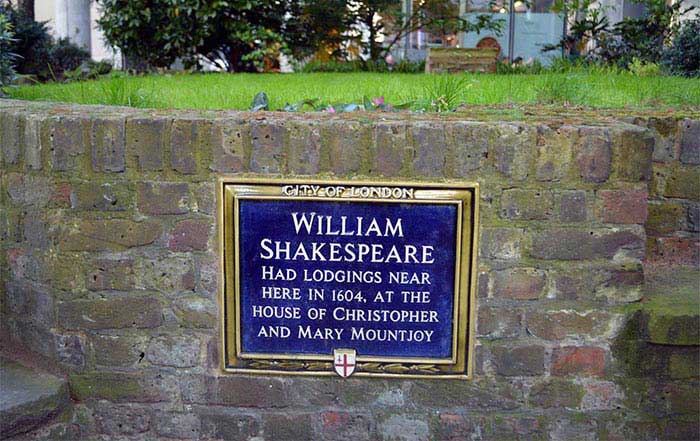The famous English writer William Shakespeare was born in 1564. The legendary writer was known in some circles as "the Bard." Many consider Shakespeare as the most successful British writer of all time. Shakespeare began his writing career as a budding playwright. Even in 2021, many warmly celebrate the famous playwright for inventing almost 1,700 new words and phrases that millions adopted right into this century.
At first, Shakespeare penned plays and worked as an actor in London. The legendary writer and playwright was born in Stratford-upon-Avon; the residents of this town have made it a practice to perform his plays to date. William Shakespeare died in 1616; he left most of his estate to a daughter known as Susanna. Shakespeare rarely mentioned his wife, Anna Hathaway. However, the celebrated author left Anne his "second-best bed" in his last will and testament.
Jane Austen is another top British writer. Jane was born in 1775 and lived until 1817, when she died. Many might be surprised that Jane Austen typically published her novels under a pseudonym. At that time, many did not consider it fashionable to write about women's affairs. Jane Austen's books mostly dealt with the affairs and lives of the 18th century upper and Middle English class citizens. To the novelist, sense and sensibility always came first. The famous novelist's books turned out to be a resounding success. Her best-known works include Mansfield Park, Persuasion, Northanger Abbey, and Emma. Austen famously described Pride and Prejudice as her darling child; this work remains a popular favorite.
Charles Dickens (1812-1870) was born in Portsmouth, England. Many readers find it difficult to forget any of Dicken's iconic tales; among these are Oliver Twist and a Christmas Carol. In many ways, Dickens, the Victorian writer, is considered to be quintessential of his time. The author masterfully explored contemporary life's struggles; he generally used unforgettable characters to depict these. Moreover, Charles Dickens deeply loved the theatre and regaled in writing and performing. In 1851 the famous playwright even performed before the English Queen Victoria.
Charlotte Brontë (1816-1855): The English writer Charlotte Bronte was born in 1816. He died in 1855 at the tender age of 39. Despite this, Bronte outlived both her sisters-she also outlived both sisters' successes. Think back to Jane Eymer; this is Charlottes' most famous novel. It draws a memorable image, graphically depicting the wild moors of Yorkshire. The book dramatically introduced Charlotte's sharp criticism of the traditional society's treatment of women. Unlike other contemporary writers (like George Sand), Charlotte did not seek to defy the typical roles society set for women. Instead, the writer consistently used her words to sound out a modest feminist stand against the conventional system.
George Eliot (1819-1880): George Eliot's real name is Mary Ann Evans; thus, she used the name George Eliot as a mere pen name. Apparently, Mary used the pen name since she sought to be taken seriously at that moment in time when people associated women's writing with romantic novels. Mary met her partner George Henry Lewes while going about her business through the English literary circle in London. The duo's relationship was, however, shunned by friends and family since George was a married man. However, the two loved birds ignored the scandal and continued living together. Mary Ann's most famous novel was known as Middlemarch. Through her brilliant psychological insights, Middlemarch helped the writer regain social acceptance within the then English society.
George Orwell: George Orwell (1903-1950): George Orwell was born Eric Arthur Blair. The author adopted the famous pen name a short while before the publication of his first book, Down and Out, both in Paris and London. By the time he published his world-famous novel (Animal Farm) in 1945, George Orwell was already an established, even prolific journalist in England.
In his wide-ranging works, the famous author explored complex subjects such as communism, civil wars, British colonies, and unemployed miners. These subjects had a profound impact on George Orwell's catalogue of writings. His famous book Animal Farm is a masterful critique of the general Stalinist beliefs. The story unfolds through a political farmyard fable. After the runaway success of Animal Farm, George Orwell was later thrust again into the limelight through his work Nineteen Eighty-Four. The book secured the famous writer's longevity as a masterful, prolific creative.

